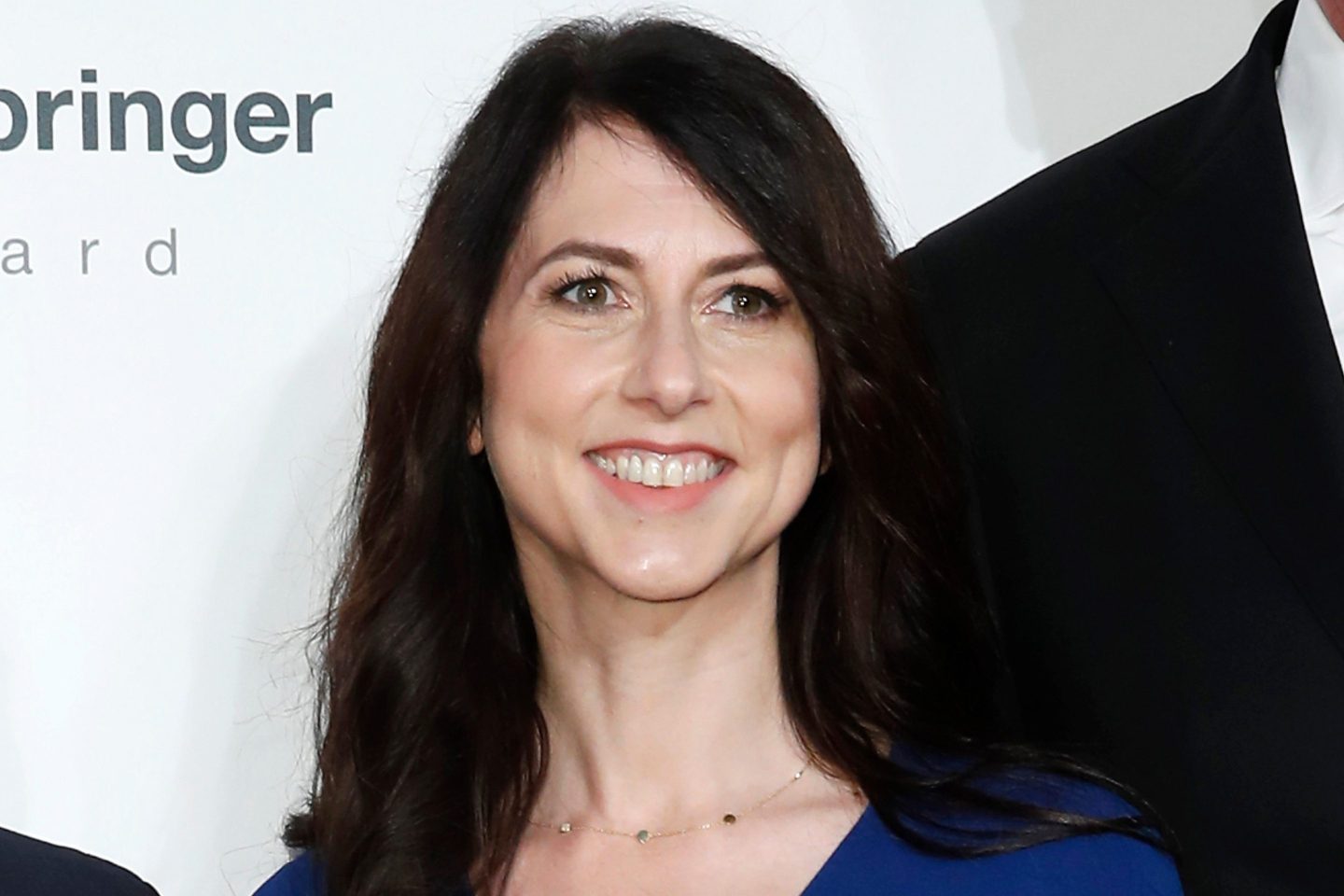Entrepreneurship is a rollercoaster of exhilarating wins and devastating losses—and not every person is cut out for the career. There are plenty who hope to match the success of billionaire founders like Brian Chesky, who scaled Airbnb into a $79 billion rental behemoth. But there’s one question the CEO says aspiring founders need to ask themselves before trying to emulate his success.
“I like to ask entrepreneurs a question: ‘Why does your company deserve to exist?’” Chesky revealed on stage at the Masters of Scale Summit.
“The best kind of generic answer I’ve ever heard is, ‘Because if I don’t do it, no one else will.’ And I like to ask that question of myself, ‘What could we uniquely do that if we don’t do it, anyone else will?’”
Chesky has been open about the trials and tribulations of scaling his startup into the giant it is today—including that it can be an extremely isolating experience. It’s why, he said, it’s important that budding business leaders be closely connected to their work’s purpose. If they lose sight of why their company deserves to exist—or are just blindly following a business wave—then it could get lost in a crowded industry of passionate, innovative entrepreneurs.
“I think that [entrepreneurs] should ask, ‘If you never existed, what would be different about the world? What is your unique imprint to do?’” Chesky continued, adding that too many aspiring founders chase trends. “I think business leaders should focus on a unique contribution they can make.”
Leaders at Amazon, Starbucks, and Perplexity have advice for aspiring entrepreneurs
Chesky is one of many unicorn founders passing down their words of wisdom—and caution—to the next cohort of Fortune 500 leaders.
Jeff Bezos, founder of $2 trillion e-commerce giant Amazon, relayed a hard truth to Gen Z entrepreneurs: it isn’t always the best choice to drop out of an Ivy League school and launch a business, like Mark Zuckerberg and Bill Gates. Not everyone is guaranteed that their sacrifices will lead to a billion-dollar innovation. Instead, Bezos pointed to his own career journey as a good model for success: go to college, get a normal job, then chase the entrepreneurial daydreams later after having soaked in plenty of knowledge from the business world.
“I started Amazon when I was 30, not when I was 20, and I think that that extra 10 years of experience actually improved the odds that Amazon would succeed,” Bezos said.
Howard Schultz, the longtime former CEO of $96 billion coffee giant Starbucks, echoed Bezos’ advice that bushy-tailed entrepreneurs shouldn’t jump the gun on starting a business. They should spend part of their careers clocking in, and working under a boss—it’ll give them a peek under the hood of what’s to come.
“At 22, you would benefit from working for a company that can teach you and demonstrate to you how an organization works—as long as that company has values that are compatible with your own,” Schultz told Fortune last year. “There’s great benefit to being in an organization and seeing firsthand how a company actually operates, and what happens on the inside, before you do this yourself.”
The cofounder and CEO of $18 billion AI company Perplexity, Aravind Srinivas, advises entrepreneurs to pair a deep sense of purpose with speed because if they move slowly, a competitor could beat them to the punch—no matter how passionate they are.
“You should assume that if you have a big hit, if your company is something that can make revenue on the scale of hundreds of millions of dollars or potentially billions of dollars, you should always assume that a model company will copy it,” Srinivas said at Y Combinator’s AI Startup School earlier this year.
“You’ve got to live with that fear and you have to embrace it. Realize that your mode comes from moving fast and building your own identity around what you’re doing because users at the end care.”












